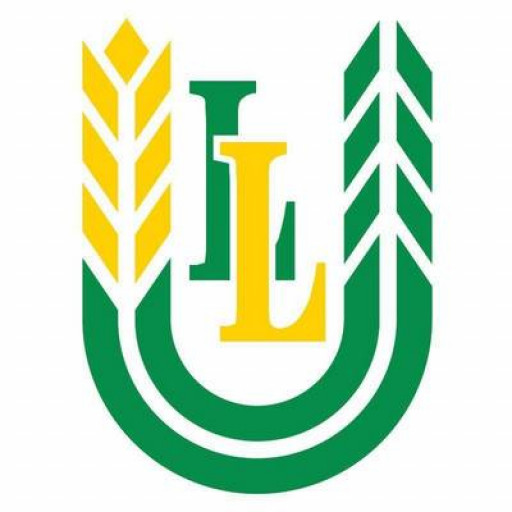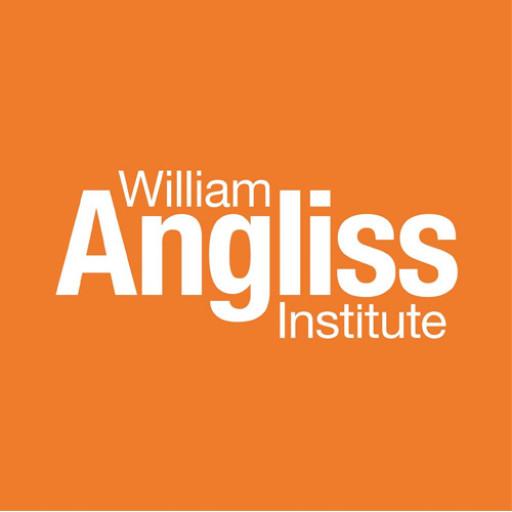Photos of university / #lluniversitate
Food Science at Latvia University of Life Sciences and Technologies offers a comprehensive education designed to prepare students for a career in the food industry, research, and innovation. The program combines fundamental principles of chemistry, biology, microbiology, and engineering with applied knowledge related to food production, safety, quality control, and product development. Students will gain practical skills in analyzing food components, ensuring compliance with health standards, and developing new food products to meet consumer demands and industry trends. The curriculum emphasizes sustainable practices, innovative technologies, and regulatory frameworks to equip graduates with the ability to contribute effectively to the food sector in Latvia and internationally. Throughout their studies, students participate in laboratory work, field experiments, and internships with industry partners, providing real-world experience. The program also fosters critical thinking, problem-solving, and teamwork skills necessary for future leadership roles in food science and technology. Graduates of this program will be well-positioned to pursue careers in food manufacturing companies, quality assurance laboratories, research institutions, and regulatory agencies. They will also have the opportunity to engage in further research or continue their education through master's and doctoral studies. Latvia University of Life Sciences and Technologies is committed to providing an innovative learning environment with modern facilities and up-to-date curriculum aligned with industry needs, ensuring graduates are competitive in the global food market. The Food Science program is ideal for students passionate about food safety, health, and innovation, aiming to contribute to the development of sustainable food systems and improved public health.
The programme is aimed to educate academically educated specialists and new scientists with creative thought and competence to make decisions for promoting future development of food science and food production in Europe, competitiveness in foreign markets. The Master study programme covers food product structure-mechanical properties, food sensory evaluation, sensory and consumer science, regulation of biochemical processes in human body, functional properties of food, natural substances in food system, food shelf-life analysis, development tendencies in nutrition science, genetically modified food, physical-and-chemical properties and metrology, food additive application, in food safety and identification of microorganisms, quality systems in food circulation, food system innovative development, entrepreneurship and marketing, perspective solutions in food packaging.
The study programme is completed with the elaboration and defense of the Master thesis.
- Bachelor's degree of Engineering Sciences in Food Science, Bachelor's degree of Natural Sciences, Engineer qualification in Food and Beverage Technology, Professional Bachelor's degree in Catering and Hotel Management.
- English requirements: IELTS score 6.0, TOEFL score 547, TOEFL-iBT score 76.
The financing of the Food Science degree program at Latvia University of Life Sciences and Technologies typically encompasses multiple aspects to ensure accessible higher education for domestic and international students. The primary sources of funding include government grants, university scholarships, student loans, and self-financing options. Government funding often covers a significant portion of tuition fees for students who meet certain academic and social criteria, making education more affordable for qualified students. The university offers various scholarships based on academic achievement, financial need, or special merits, which can considerably reduce the financial burden for successful applicants. For international students, some scholarship opportunities are available, subject to specific eligibility criteria and application procedures, facilitating internationalization and diversity within the program. Additionally, students may participate in work-study programs or part-time employment facilitated by the university's career services to support their finances during their studies.
Self-financing is also a common pathway, with tuition fees set annually and payable in installments. The university aims to maintain competitiveness in tuition fees while ensuring high-quality education and research infrastructure. For students who require financial assistance, loans may be available through national or private financial institutions, with repayment plans aligned with post-graduation employment prospects. Latvia University of Life Sciences and Technologies actively promotes financial literacy among students to help them navigate available funding sources effectively. Furthermore, the university collaborates with industry partners and companies in the food sector, providing opportunities for internships and project work that might include stipends or grants.
Overall, the program’s financing ecosystem is designed to support diverse student needs through a combination of public funding, institutional scholarships, personal investments, and external financial aid, fostering a supportive environment for students pursuing their degree in Food Science.
The graduates work in all kind of food companies. Master's degree entitles graduates to continue studies in a respective doctoral programme in universities in Latvia or abroad.








